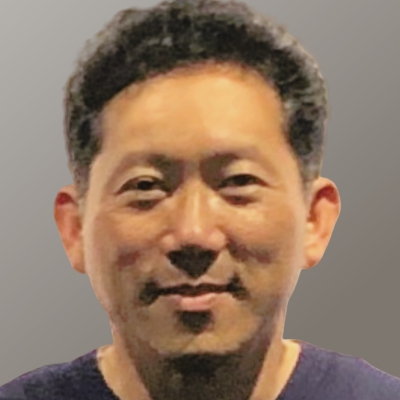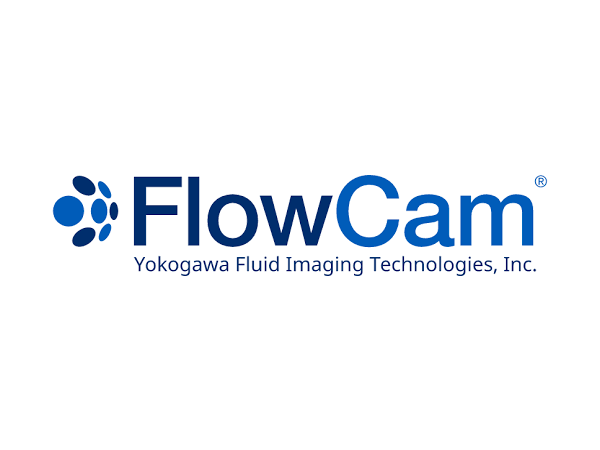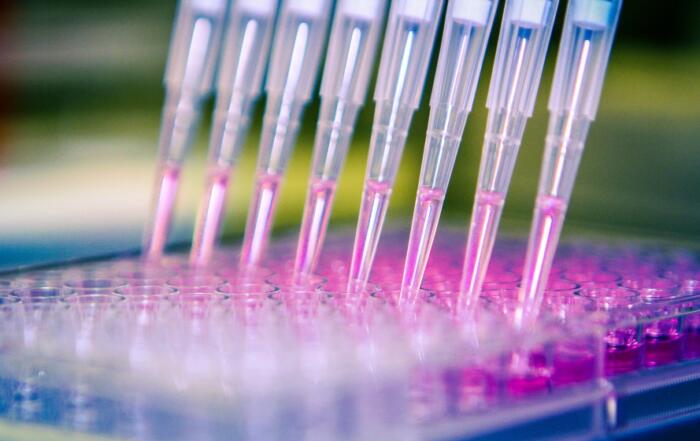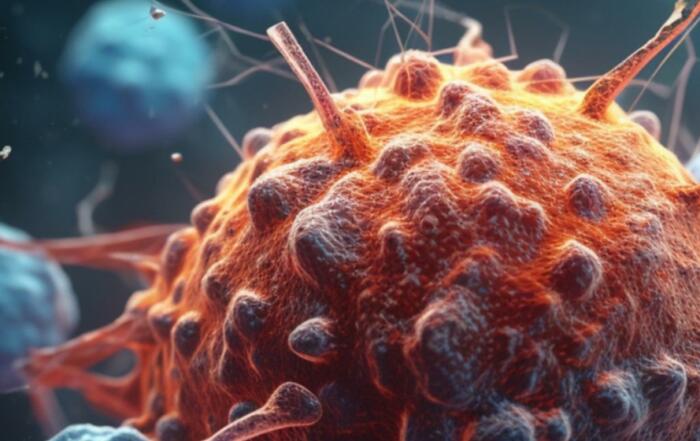Danny Chou, PhD discusses the opportunities, challenges and evolving regulatory expectations for orthogonal particle analysis for formulation development and quality control.
The presence of aggregates can greatly affect the quality and efficacy of protein drug products. Strategies for detecting, quantifying, and characterizing these aggregates and other subvisible particles are therefore critical in meeting the needs of regulatory bodies and customers, as well as successfully competing in the marketplace. While light obscuration (LO) is the compendial technique for detecting these aggregates, flow imaging microscopy (FIM) has recently gained prominence as an orthogonal technique for characterizing these particles.
In this webinar, Danny Chou, Ph.D. discusses the opportunities and challenges in combining LO, FIM, and other orthogonal techniques for protein aggregate and particle characterization in biotherapeutic development and quality control. He also describes the benefits of combining orthogonal modalities on a single instrument and, in particular, demonstrates how combining FIM and LO on a single instrument can let labs:
- Minimize required sample volume for particle analysis by analyzing the same sample with FIM and LO
- Simultaneously test for USP compliance and confirm results with digital images to enable further investigation
- Reconcile data between two techniques on the same sample.
Key Topics Include:
- What are the limitations of particle characterization with light obscuration alone? Why does the FDA require orthogonal techniques with imaging to aid in particle identification?
- How can Flow Imaging Microscopy bridge the gap between LO and NTA and DLS?
- What is the impact of combining FIM with LO to enable the detection of changes in particle distribution in the submicron to micron range?
- How are regulatory expectations evolving for submicron particle characterization?
- How does particle concentration differ in the submicron and micron range, and why does it matter for drug development?
- How to implement orthogonal particle analysis technologies synergistically for both QC and product development purposes
Resources
Presenters
Founder & President
Compassion BioSolution




